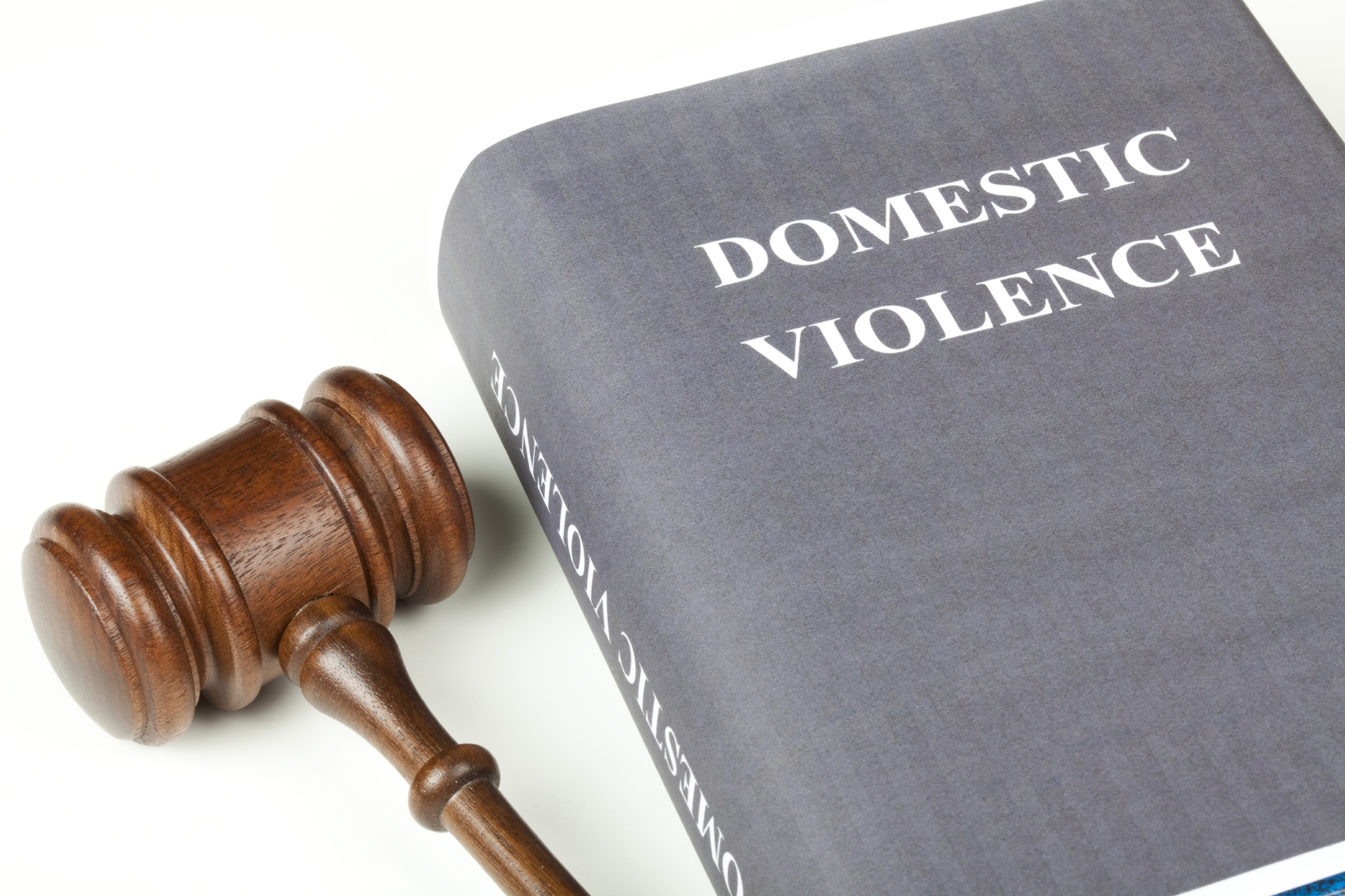More than $4 million is coming from the U.S. Department of Justice Office on Violence Against Women to three programs in West Virginia.
More than $4 million is coming from the U.S. Department of Justice Office on Violence Against Women to three programs in West Virginia.
The funding will support programs aimed at preventing and addressing domestic violence, dating violence, sexual assault and stalking, as well as enhancing victim safety and services.
“I am pleased to announce these critical investments from the DOJ that will assist victims and strengthen our justice system to enhance the safety of all West Virginians,” U.S. Sen. Joe Manchin said. “Earlier this year, I was proud to cosponsor the bipartisan Violence Against Women Act, and as a member of the Senate Appropriations Committee, I will continue advocating for additional resources to support related public safety programs across the Mountain State.”
U.S. Sen. Shelley Moore Capito, also a member of the Senate Appropriations Committee, also supported the funding.
“Addressing, and ending, domestic violence in West Virginia has long been a priority of mine. I have consistently supported the Violence Against Women Act, helped lead reauthorization efforts on the legislation this year, and was thrilled to see its inclusion in our final appropriations package,” Capito said. “It’s great to see our state receiving needed support to coordinate safety efforts, directly addressing domestic violence, dating violence, sexual assault, and stalking in our communities. I will always advocate for the support our local law enforcement agencies need to prevent these crimes in our state.”
Individual awards listed below:
The Services, Training, Officers, Prosecutors (STOP) Formula Program provides funding to support partnerships between law enforcement, prosecution, courts and victim services organizations to enhance victim safety, hold offenders accountable and strengthen law enforcement.
$1,166,821 — West Virginia Department of Military Affairs and Public Safety
The Rural Domestic Violence, Dating Violence, Sexual Assault, and Stalking Program provides funding to support organizations that identify and appropriately respond to victims of domestic violence, dating violence, sexual assault, and stalking in rural communities; organizations that establish and expand victim services in rural communities for child, youth, and adult victims; and organizations that increase the safety and well-being of women and children in rural communities by dealing directly and immediately with domestic violence, dating violence, sexual assault, and stalking, and implementing strategies to increase awareness and prevent these crimes.
$950,000 — Child Protect of Mercer County
$949,487 — West Virginia Foundation for Rape Information and Services
$750,000 — West Virginia Department of Military Affairs and Public Safety
The State and Territory Domestic Violence and Sexual Assault Coalition Program provides funding to support state domestic violence and sexual assault coalitions as they continue to play a vital role in preventing and addressing domestic violence, dating violence, sexual assault, and stalking.
$177,127 — West Virginia Foundation for Rape Information and Services
$90,342 — West Virginia Coalition against Domestic Violence
